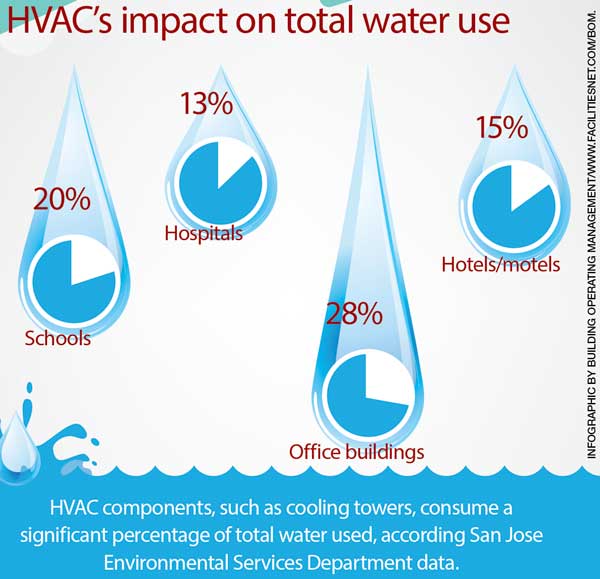Discovering The Environmental Advantages Of Warmth Pumps - A Lasting Heating Option
Discovering The Environmental Advantages Of Warmth Pumps - A Lasting Heating Option
Blog Article
Web Content Writer-Cox Otto
In an age where sustainability and power effectiveness are vital, lots of businesses look for environment-friendly home heating solutions. One such option is the heat pump.
A heat pump draws out the heat in its surroundings and pumps it right into your home, resulting in among the most effective eco-friendly main furnace around. This procedure likewise creates zero greenhouse gas discharges, making it a highly lasting technology.
Power Performance
Heat pumps are very energy effective and need little maintenance. They utilize much less electrical power than various other heating systems and are by far one of the most eco-friendly. They function well with roof solar and can usually pay for themselves in energy cost savings alone.
They can likewise supply cooling, which is great for garage workshops, attic room hangouts and bonus rooms, and home additions without prolonging the existing ductwork. They can also be used for retrofits in existing homes with hydronic (water-based) distribution systems such as low temperature level radiators or radiant floors.
Look for designs with SEER and HSPF ratings that satisfy or surpass copyright's minimum requirements, in addition to the requirements in your area. Higher ratings suggest greater effectiveness, which conserves you cash in the long run and lowers your carbon footprint. You could even get discounts and motivations! The most effective systems are those with a ground heat exchanger for added performance. These systems can absorb thermal energy from the ground throughout the winter season and extract it in the summertime.
Decreased Greenhouse Gas Emissions
Heatpump operate on power and basically transfer warm from the air, also when it's cold outside. They have the ability to remove the cost-free warm entraped in air bits and relocate them inside, lowering moisture while doing so.
Compared to gas furnaces, modern heat pumps use less than one kilowatt of power per kilowatt of home heating power they create. https://docs.google.com/spreadsheets/d/1M4QoRQBniATnnSlfIthVFhYczUgYJf4lKxw942n_dzQ/edit?gid=1074771488#gid=1074771488 makes them the most power effective heating option available with a COP (Coefficient of Efficiency) of four or even more. By reducing the demand for nonrenewable fuel sources, heatpump help reduce greenhouse gas emissions and reduce various other major air toxins.
Building decarbonization is a worldwide vital, and the a/c sector is a crucial vehicle driver of that process. Whether it's real estate investors making internet zero dedications, policy manufacturers establishing discharges restrictions, or occupants requiring greener spaces, electric heatpump are being identified as a crucial service. They are an affordable means to decrease carbon discharges by removing the requirement for nonrenewable fuel sources in buildings.
Flexibility
Heat pumps can be utilized in several kinds of homes and buildings-- with or without ducts. Learn Even more Here deal with hot-water radiators, air-conditioning and programmable thermostats. They can replace heating systems or be set up in new residences. They can run on photovoltaic panels, geothermal systems or even district heating resources like wastewater.
They're excellent at providing more heat per power unit. For instance, an air-source heat pump generates as much as 3 or more home heating units from each electrical energy device it takes in.
Obtaining one of the most from your heatpump will depend upon your climate zone and top quality of insulation. Seek versions with ENERGY STAR rankings and compare their SEER or HSPF specifications. In warmer climates, focus on SEER; in colder areas, think about a system with a greater HSPF rating. In addition, purchase air securing and insulation to reduce the load on your heatpump. That will certainly enhance power efficiency and help you reach your Net Zero objectives much faster.
Biomass Boilers
Biomass central heating boilers make use of timber pellets, chips or logs to develop heat and warm water. They are an excellent option for off-grid homes or those who intend to get off the gas grid.
As a standalone heating system, biomass can give sufficient power to keep your home cozy throughout the year without the normal heat drop off of other renewable modern technologies. They can additionally be used along with photovoltaic panels to increase cost savings and benefit from RHI repayments.
A drawback of these systems is the in advance price and normal fuel distributions. Usually, pellets will require to be blown right into a fuel shop utilizing a vacuum cleaner system or they can be manually fed into the boiler through a hopper. Logs are typically self-sourced from neighboring forest or bought wholesale. Along with this, they need hands-on loading and may need cleaning regularly.